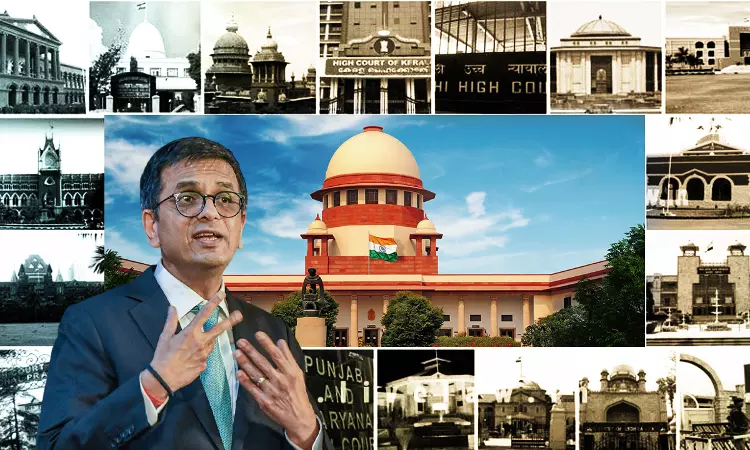No High Court Should Deny Access To VC Facility For Hybrid Hearings; Free WiFi Must Be Given To Bar Members : Supreme Court
Padmakshi Sharma & Sheryl Sebastian
6 Oct 2023 3:29 PM IST

"No judge in the High Court shall decline hybrid hearing,” the Chief Justice said.
Next Story


